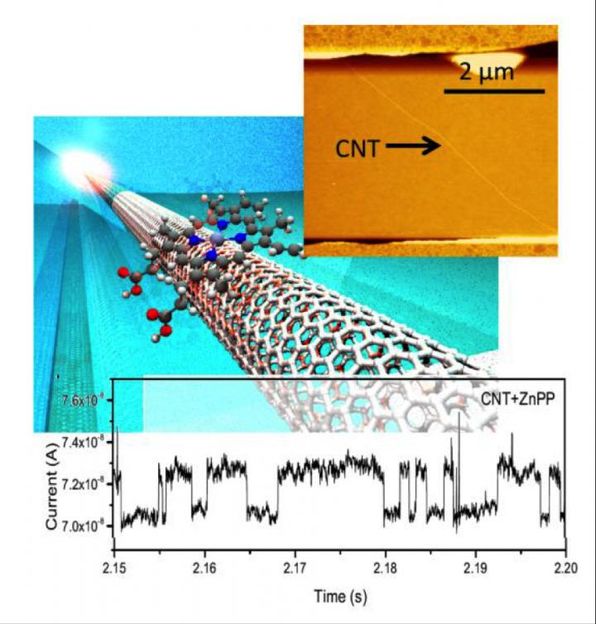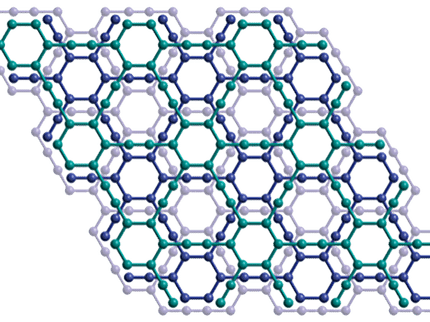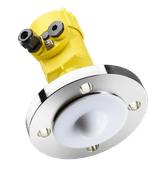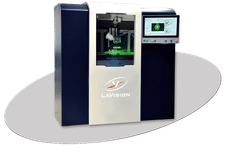Signature analysis of single molecules using their noise signals
Advertisement
Noise is low-frequency random fluctuation that occurs in many systems, including electronics, environments, and organisms. Noise can obscure signals, so it is often removed from electronics and radio transmissions. The origin of noise in nanoscale electronics is currently of much interest, and devices that operate using noise have been proposed. Materials with a high surface-to-volume ratio are attractive for studying the noise produced by nanoscale electronics because they are very sensitive to changes of their surfaces. A representative material of this type is carbon nanotubes, which are rolled sheets of the graphene hexagonal network, which is only one carbon atom thick.

Random telegraph noise from single molecule was adsorbed on SWNT.
Osaka University
A Japanese collaboration led by Osaka University has explored the ability of single molecules to affect the noise generated by carbon nanotube-based nanoscale electronic devices. The team fabricated simple devices consisting of a carbon nanotube bridging two electrodes. The devices were exposed to different large molecules, causing some to bind to the carbon nanotube surface. It was found that different molecules gave unique noise signals related to the properties of the molecules. The strength of the interaction between the carbon nanotubes and molecules was able to be predicted from the obtained noise signals.
"The signal generated by the carbon nanotube device changed following the adsorption of specific single molecules," says first author Agung Setiadi. "This is because the adsorbed molecule generated a trap state in the carbon nanotube, which changed its conductance."
What this means is that the carbon nanotube-based devices were so sensitive that the researchers were able to detect unique signature from single molecules. The ability to characterize single molecules using highly sensitive nanoelectronics is an exciting prospect in the field of sensors, particularly for neuro- and biosensor applications.
"Use of noise signals to identify molecular activity ((interaction) or (active orbital)) is attractive for developing advanced sensing devices," explains corresponding author Megumi Akai-Kasaya. "We demonstrated that noise can be exploited to improve the signal detection ability of a device." The results of this successful demonstration will be published in the near future in a follow-up article.
Signal detection sensitivity may be increased through controllable noise generation. These carbon nanotube-based devices illustrate that it is possible to detect single molecules through their unique noise signatures in the device current signals. Improved knowledge of the molecular-level origin of noise should lead to the development of electronics that use noise to improve their performance rather than degrade it.
Original publication
Setiadi, Agung and Fujii, Hayato and Kasai, Seiya and Yamashita, Ken-ichi and Ogawa, Takuji and Ikuta, Takashi and Kanai, Yasushi and Matsumoto, Kazuhiko and Kuwahara, Yuji and Akai-Kasaya, Megumi; "Room-temperature discrete-charge-fluctuation dynamics of a single molecule adsorbed on a carbon nanotube"; Nanaoscale; 2017
Other news from the department science
These products might interest you
Most read news
More news from our other portals
See the theme worlds for related content
Topic world Sensor technology
Sensor technology has revolutionized the chemical industry by providing accurate, timely and reliable data across a wide range of processes. From monitoring critical parameters in production lines to early detection of potential malfunctions or hazards, sensors are the silent sentinels that ensure quality, efficiency and safety.

Topic world Sensor technology
Sensor technology has revolutionized the chemical industry by providing accurate, timely and reliable data across a wide range of processes. From monitoring critical parameters in production lines to early detection of potential malfunctions or hazards, sensors are the silent sentinels that ensure quality, efficiency and safety.
































































